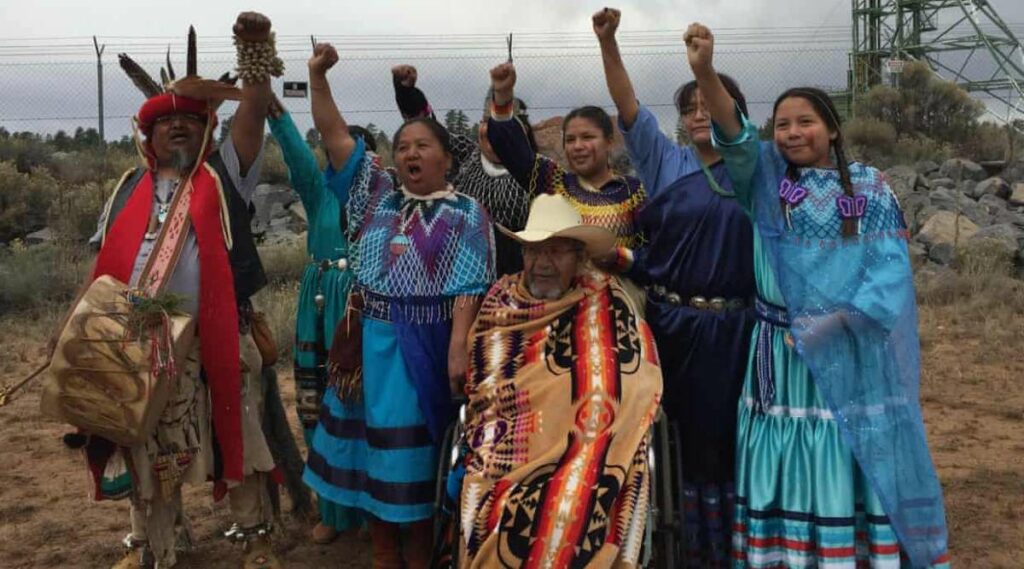Antiquated Belmont principles must be scrapped, say bioethicists

In order to cater for the needs of American Indian and Alaska Native (AI/AN) communities, the principles of autonomy, beneficence, non-maleficence and justice should be scrapped, according to an editorial in the American Journal of Bioethics.
These principles were created for Western-oriented people without a strong sense of community. But AI/AN people are much more oriented toward communitarian decision-making and the autonomy-based Belmont principles are proving inadequate.
An example to which bioethical observers return again and again is the abuse of blood samples belonging to the Havasupai tribe, in Arizona, by researchers from Arizona State University in 1990. The subjects of the research thought that they were giving bloods for diabetes research, but the scientists used them to study schizophrenia. (The facts of this story are, by the way, disputed.)
While the lack of attention paid to tribal sovereignty or the oppression of indigenous persons in the Belmont Report may not be surprising given its historical context, it is the document’s focus on Western moral traditions and commitments to the preservation of individual rights that is perhaps most at odds with indigenous perspectives on biomedical research. By affirming the importance of scientific knowledge and individual choice, the Belmont Report implicitly rejects non-Western moral traditions that celebrate communitarian values tied to solidarity, fraternity, and community benefit
“Scrapped” is the right word. According to the editorial, “It is only through an entirely new approach that the residue of Western moral traditions and scientific epistemologies can be washed from the bioethical guidance and regulations that currently shape researcher engagement with tribal communities.”
What will emerge is unknown – but the authors hope that “a more useful and culturally appropriate set of ethical guidelines regarding the conduct of biomedical research involving AI/AN communities can be developed.”
